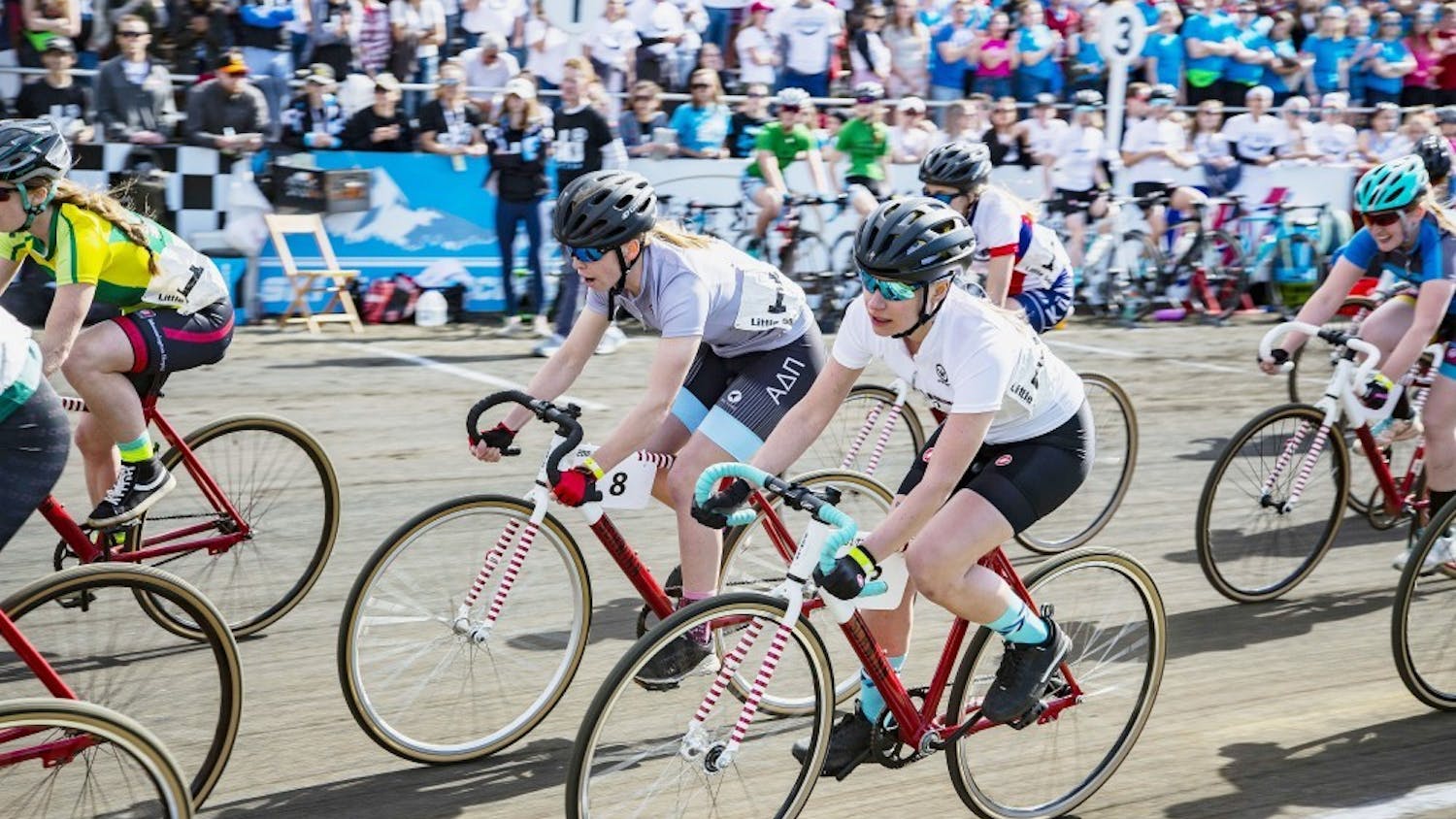A new study from the IU Department of Sociology shows that bisexual men and women are paid less than heterosexual men and women for the same work.
The study, “Sexual Orientation in the Labor Market,” was published by doctoral student Trenton Mize in the American Sociological Review on Nov. 15. The study is different from others in its classification of bisexuals as a distinct minority.
Though Mize was familiar with numerous studies on the relationship between sexual orientation and earnings, past research focused on wage gaps between heterosexual and homosexual people.
He thought that the treatment of gay men and lesbians might differ from the treatment of bisexuals and wanted to test this idea in his research.
“In many ways I suspected that the stereotypes were more disadvantaging for bisexual men and women. So I thought if we looked at them as a unique group they’re probably facing more and bigger disadvantages. I suspected there were disadvantages there that no one had previously looked at. So I wanted to test for that,” Mize said.
Mize analyzed national survey data for sexuality and income earned, eliminating other wage gap factors such as occupation, education or age in his work. Mize points to workplace discrimination as the source of this gap.
“People stereotype people of different sexual orientation of having different levels of overall competency and capability,” Mize said.
Sociology Department Chair Brian Powell said competency stereotypes can be debilitating, making those affected choose between conforming to a stereotype or actively denying it.
“If people believe stereotypes, they are real in their consequences,” Powell said. “We like to think of ourselves as individuals, and we are individuals. When stereotypes override our individual traits, it can have a profound negative effect.”
There is evidence to show employers view men as more competent than women in the workplace and see heterosexual men as more competent than sexual minorities. While societal acceptance of gay and lesbian individuals has increased over time, perceptions of bisexuality are still poor, Mize said.
“Increasingly people tend to think that gay men and lesbian women are born gay or lesbian and thus they are increasingly unlikely to discriminate against them,” Mize said. “People don’t feel comfortable discriminating against something people feel like they have no choice in.”
In contrast, many believe bisexuality is a choice and therefore are more comfortable discriminating against bisexuals, Mize said.
“People say if you could be in a heterosexual relationship, then why wouldn’t you,” he said. “The perception of choice is really important because people are more likely to discriminate against someone who they think has a choice in their disadvantaged status.”
There are numerous reasons for the stigmatization of bisexuality in the workplace, including a same-sex marriage movement that largely ignored bisexuality, limited social consciousness of bisexual issues and the appeal of binary thinking, Mize said.
Powell said though stereotypes about gender and sexuality have lessened considerably in recent years, there is still work to be done.
“I think bisexuality is a harder thing for many people to grapple with,” he said.
This is partly because many people are uncomfortable with straying from the binary view of sexual orientation.
“People have a hard time when that binary is being transcended or challenged,” he said.
Combating stereotypes and discrimination can be difficult. But increased visibility can lead to greater acceptance of the bisexual community, Mize said. However, many bisexual men and women are not comfortable disclosing their sexuality to others.
“Bisexual men and women anticipate that their identity is going to be met with pushback,” Mize said. “So they’ll let people assume that their relationship defines them.”
If bisexuals become more visible in the public eye, perceptions toward them may shift. Mize said he doesn’t like this solution because it puts the responsibility for change on the group that is being discriminated against.
In some cases, reform has to take place within the law.
There are no Indiana laws prohibiting discrimination based on sexual orientation. Mize said his research highlights the need for these protections in areas such as employment or housing.
Scientifically, his study has introduced the concept of treating bisexuals as a distinct minority subject to challenges, stereotypes and treatment different to that of heterosexual or homosexual people.
“I think it’s important to understand that sexual orientation operates in a little more complex way,” he said. “These groups have pretty different outcomes.”




